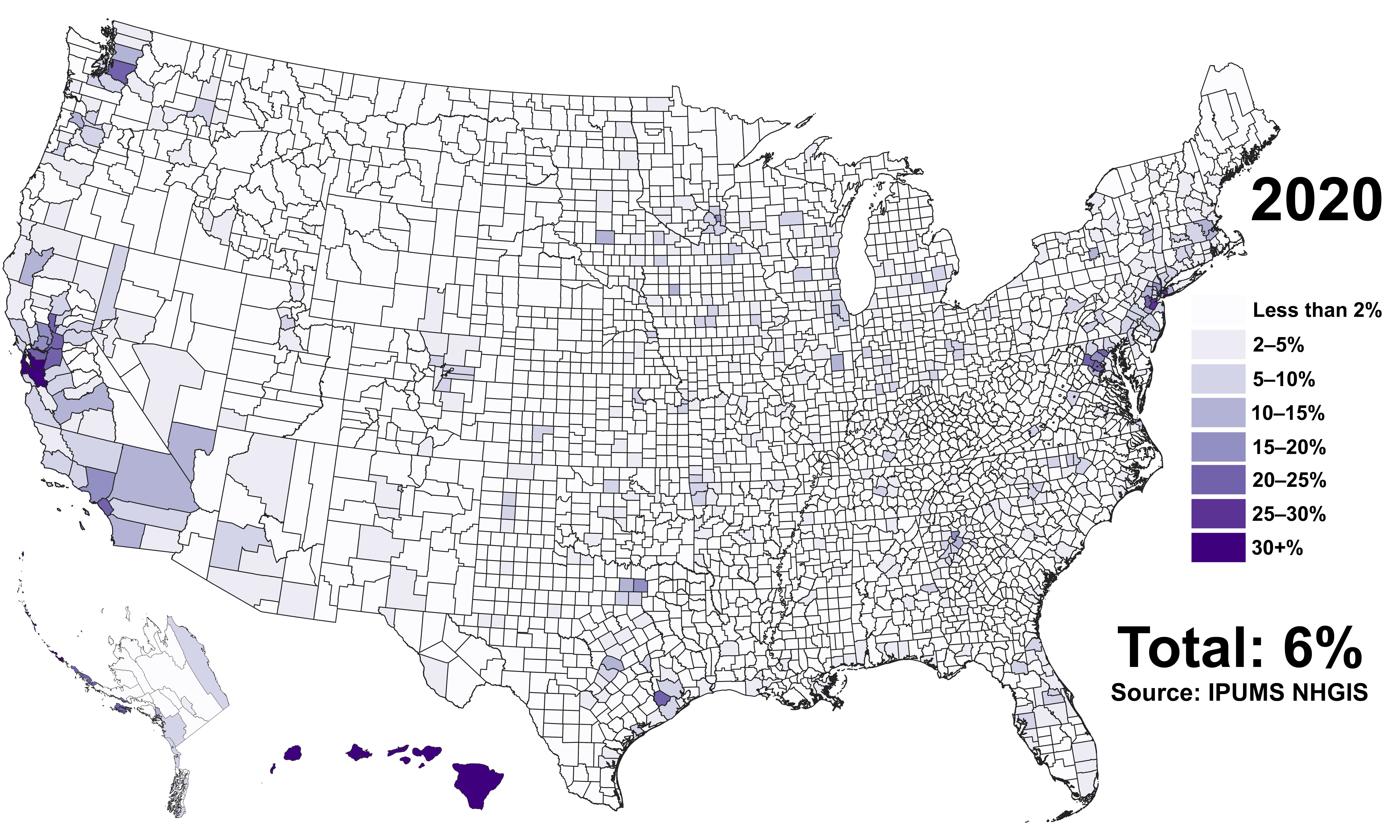
Donald Trump has pledged to eliminate income taxes for Americans residing overseas, a significant proposal aimed at attracting expatriates as he intensifies his campaign for the 2024 presidential election. This announcement aligns with a broader set of tax reforms Trump has advocated, positioning him as a candidate focused on reducing financial burdens for citizens living abroad.
The proposal suggests that Americans who have established residency outside the United States will no longer be liable for federal income taxes, a move aimed at making it financially attractive for them to return home. Trump’s campaign argues that current tax regulations create disincentives for expatriates, pushing them to consider relocating their businesses and families in more favorable tax environments. This policy is seen as part of Trump’s strategy to reinvigorate his voter base among expatriates, a group that has often felt overlooked by policymakers.
The backdrop of this announcement includes a growing trend among high-income individuals relocating abroad to benefit from more favorable tax conditions. Countries such as Portugal and the United Arab Emirates have emerged as popular destinations, offering tax incentives that appeal to affluent Americans. Trump’s proposal is likely to resonate with many who feel burdened by the existing U.S. taxation system, which taxes citizens on global income regardless of their residency status.
Economic experts and tax analysts have responded with caution to the proposal, noting that while it could relieve some financial pressure on expatriates, the implications for U.S. revenue could be substantial. Critics argue that eliminating income taxes for this demographic may lead to a significant decrease in federal revenue at a time when the U.S. is grappling with mounting deficits. Proponents, however, assert that the potential increase in expatriates returning to the U.S. could offset losses through heightened economic activity and repatriated wealth.
The move to eliminate taxes for Americans living abroad is not without precedent. The Foreign Earned Income Exclusion (FEIE) allows qualifying individuals to exclude a portion of their foreign-earned income from U.S. taxation. However, many expatriates still face complex tax obligations that can result in a significant financial burden, particularly for those with dual tax obligations in their host countries.
As Trump advances this proposal, other candidates in the 2024 race have also begun to address issues impacting expatriates. Some Democratic contenders have expressed intentions to reform existing tax codes that they argue disproportionately disadvantage Americans living abroad. The contrast between these approaches could become a focal point in debates as the election cycle progresses.
The American expatriate community is diverse, encompassing professionals, retirees, and individuals working for multinational corporations. This demographic includes influential figures in sectors like technology, finance, and the arts, who have long advocated for reforms to the current tax system. As Trump’s announcement gains traction, it may rally support from this varied group, especially those who view tax relief as critical to their financial well-being.
Trump’s tax policy proposals have historically been a cornerstone of his political identity. During his presidency, he enacted significant tax cuts aimed at stimulating economic growth, and he has continued to champion tax reductions as a campaign strategy. This latest pledge marks a tactical shift as he seeks to broaden his appeal among voters living outside the U.S.
The implications of such a policy extend beyond financial relief for expatriates. Analysts suggest that this could also influence the larger narrative of U.S. competitiveness in attracting and retaining talent. In a globalized economy, where mobility is a significant factor, tax policy can play a crucial role in determining where individuals choose to live and work.
The proposal is expected to generate discussions among lawmakers, particularly concerning its viability and potential impact on existing tax treaties with other nations. Many expatriates currently rely on these treaties to mitigate the risks of double taxation, and any changes to the tax structure may require negotiations that could complicate diplomatic relations.
While Trump’s proposal aims to capture the attention of Americans living abroad, it remains to be seen how this policy will be received among voters at home. As the campaign unfolds, Trump will likely face scrutiny not only from political opponents but also from economic experts who will assess the potential consequences of his tax plan on the U.S. economy as a whole.




